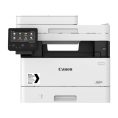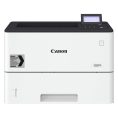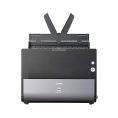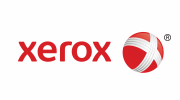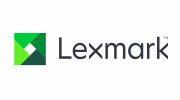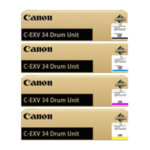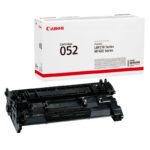If you know you’ll love a tool and are ready to commit up front, investing in an annual contract probably makes more sense and may even come with a discount for your commitment. However, if you need more time to decide if a tool is right for you, monthly subscriptions are a safer bet. Accounting software programs vary based on what types of features they offer.
How to kick off startup accounting
Even if you had a handle on bookkeeping when you started, you’ll still face a steep learning curve as your company expands. You may need to overhaul your workflows to keep up with higher volume, or upgrade to a more sophisticated accounting software tool. Growing pains like these can make it hard to maintain good startup accounting workflows. Learning how to keep your books correctly as your business grows is important, but good startup accounting requires more. You need to set up workflows—standard procedures—for tracking and recording transactions, even if you’re the accountant (or perhaps especially if you’re the accountant). Using accrual accounting for startups lets you track how much you owe to creditors or suppliers in real time.
Beginner’s Guide On Starting An Organic Farming Business In Singapore
If you need an easy-to-understand accounting software package with great customer service and tech support, FreshBooks can help. As you probably already know, starting a new business is a lot http://honda-fit.ru/forums/index.php?showtopic=22850 of work! One of the most important steps you need to take to set up your accounting system is to make sure that your files and documents are organized. If you familiarize yourself with basic accounting terms and invest in a good accounting software package, you’ll be well on your way to success.
What do startups use for accounting?
- Most companies will also offer both monthly and annual contracts, which each come with benefits and drawbacks.
- We have specific software experts on hand to help navigate our clients through this.
- With an organization as fast-moving as a startup, it’s important to plan for all contingencies, and your accountant should help you do that with a proper financial model.
- Developing good business habits is something that’s easiest when you do it from the beginning.
- Your accountant can help you determine how to assemble a roster of services to carry out the administrative side of your business.
Our CPAs are experts in startup accounting, and are experienced in leveraging AI accounting tools and automation. Many of the top AI companies are Kruze clients, which gives us unique insights into the latest AI technologies and trends. It’s a good idea to have an accountant/CPA to file your startup’s tax returns and interact with state tax agencies. Monthly accounting help is great for funded startups, but DIY accounting may work for many pre-funded companies.
You can do your own books (if you have time)
- We’ve included everything from why and how to budget, to free financial model templates, to record keeping, to taxes and more … We like to call it the ultimate guide to startup accounting.
- If you can’t get along with each other and if interactions are awkward, combative, or one-sided, then you won’t be able to establish a beneficial working relationship to push your startup forward.
- If you’re seeking funding, clean and accurate financial records are a must.
- The best rule of thumb for startup accounting is to hire a professional accountant to help you manage your business’s finances.
- Entrepreneurs and industry leaders share their best advice on how to take your company to the next level.
Clients who have switched to us have complained about frequent, often monthly, price increases as their startups’ expenses have grown. Even unprofitable startups must file annual federal and state taxes every year. Generally Accepted Accounting Principles (GAAP) stands for Generally Accepted https://for.kg/news-566839-en.html Accounting Principles; it’s the accounting “playbook” in the US that ensures that we’re all applying the same thought process.
- But at the end of the day, your accountant’s job is to organize your finances and keep you tax-compliant.
- A role that is sometimes overlooked is that of the controller or comptroller.
- With a well-managed COA, startups can make informed business decisions based on reliable financial data.
- An income statement is laid out with revenue as the top line item, followed by cost of sales and then gross profit.
- Different vendors have different payment terms, so you should use this to your advantage.
- You’ll learn why the choice between cash and accrual accounting is important, along with best practices for budgeting, separating finances, and tracking and improving costs.
Instead, they are small enough to DIY their accounting, with the exception of filing a tax return – using a legit CPA for a startup tax return is a very, very good idea. Costs will vary widely depending on where you are located, what states you do business in and whether you choose an accountant or an accounting firm. As a general rule, you will either pay a fee per service, or an hourly rate. But once expansion begins to start, don’t delay on finding a good accountant who will keep your best interests in mind. A search for “small business accountant” will net thousands of results, and attempting to wade through them all would be a challenge.
These guys are local and love to talk tax planning and bookkeeping. Plus, you’re not starting from scratch—these are Dave-approved professionals. Hiring is typically more expensive than outsourcing because you may need to provide benefits to your employee. With outsourcing, you can pay somebody as a contractor to set up your accounting system, analyze your financials, and provide you with guidance about your business and its growth. Startup owners may https://www.thevista.ru/page.php?id=9676 be tempted to cut corners by managing their accounting personally.


